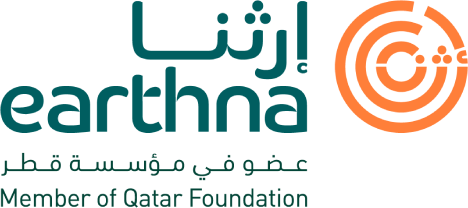Moving Feet, Touching Lives
A wellness initiative designed to encourage physical activity and promote a healthy lifestyle among employees. This fitness challenge motivates the employees to dedicate 1 hour each day to walking, helping improve overall health and well-being.
Beyond individual fitness, the activity fosters camaraderie and a collective sense of purpose, as employees unite in reaching personal and group goals. By staying active, participants contribute not only to their own health but also to creating a positive, energetic work environment.
